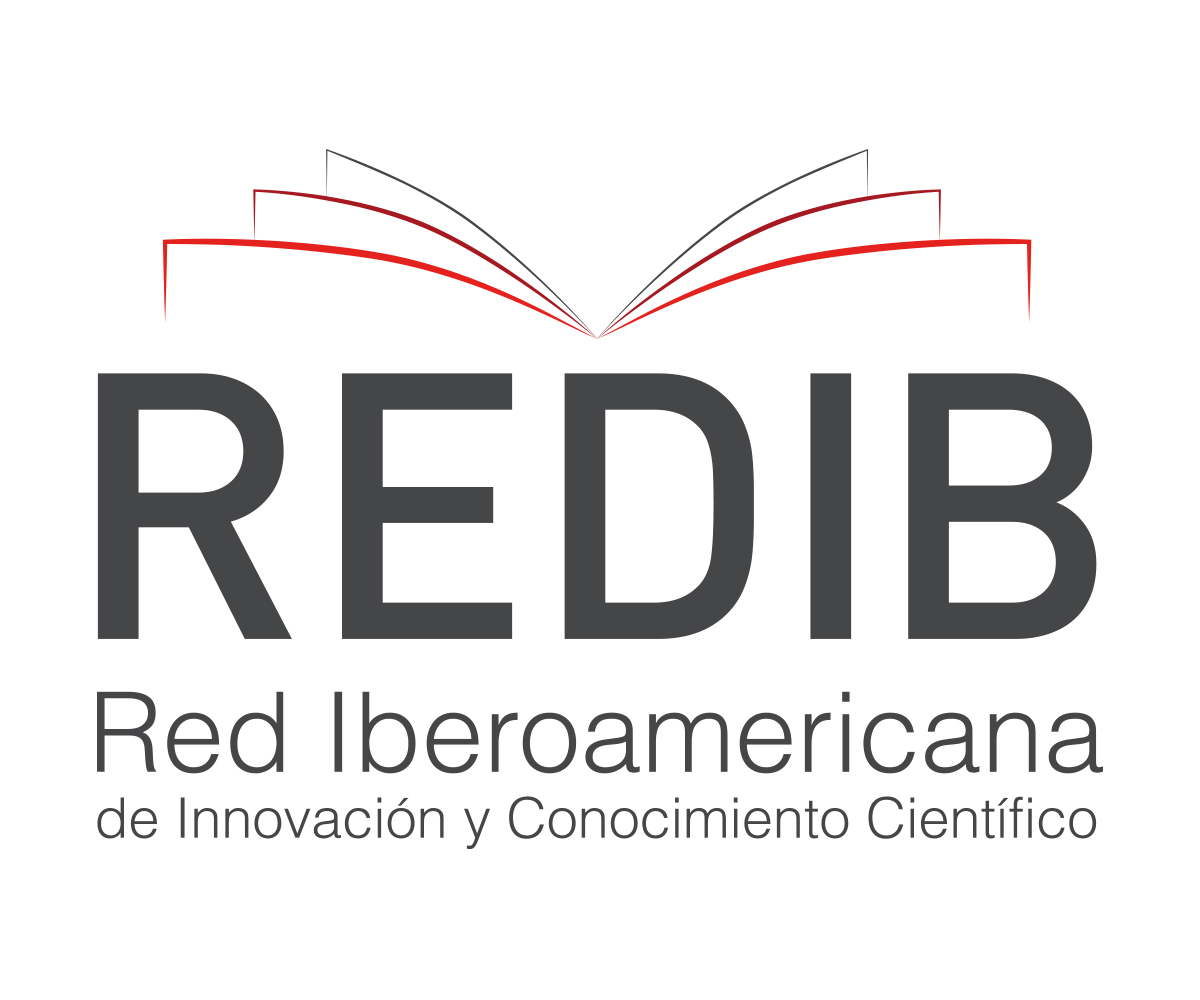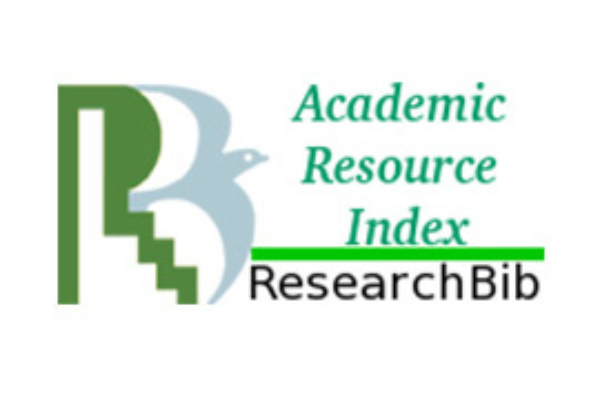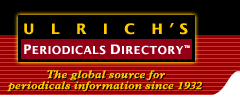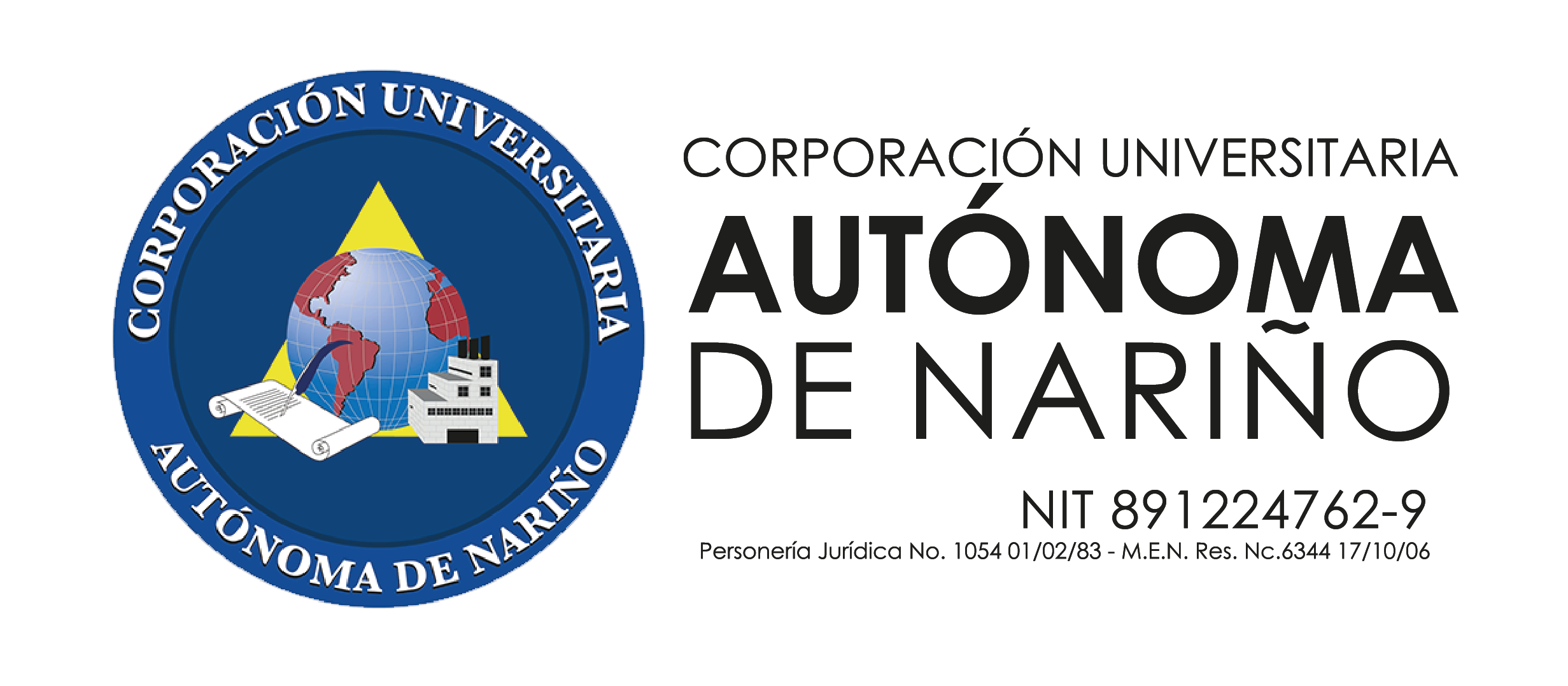Formación en competencias investigativas en los estudiantes de una universidad inclusiva
Palavras-chave:
competencias investigativas, formación, universidad inclusivaResumo
El propósito de la investigación estuvo dirigido a analizar la formación en competencias investigativas para los estudiantes en una universidad inclusiva. Se efectuó un estudio de carácter descriptivo, transversal y no experimental para la cual se seleccionó una población formada por un total de 30 sujetos. Para el proceso de recolección de los datos se utilizó la técnica de observación por encuesta diseñada en función de la variable y se procesaron los datos estadísticamente. Entre los autores que sustentan la investigación están Figueroa (2009), Martínez (2008) y González (2007), principalmente. Los resultados de la investigación permiten concluir que con la formación en competencias investigativas se obtendrá la formación de un individuo analítico, crítico creativo, espontáneo, libre, sensible, curioso, imaginativo, curioso, autónomo, con espíritu de investigación, exploración y cuestionamiento, que aprenda por sí mismo y transmita significados. La educación inclusiva debe asegurar que todos los ciudadanos reciban una educación de calidad, con equidad, excelencia, así como disponer de los recursos económicos, humanos, didácticos, técnicos y tecnológicos, para que los centros ofrezcan respuestas que conduzcan al éxito de todo el alumnado con independencia de sus condiciones personales, sociales, económicas, culturales, geográficas, étnicas y de otra índole. Se concluye también que las universidades deben contar con docentes innovadores, protagonista de cambios, poseedores de competencias profesionales, ética social, un liderazgo renovador provisto de un capital social deliberante y capaz de participar en la toma de decisiones reflexionadas y dialogadas.
Downloads
Referências
Alanís, A. (2006). Formación de formadores. Fundamentos para el desarrollo de la investigación y la docencia. Ciudad de México: Editorial Trillas.
ASCOFAPE, (2006). Asociación Colombiana de Facultades y Programas de Educación. Colombia.
Asprilli, M. (2011). La Didáctica en la Formación docente. Buenos Aires: Homosapiens Ediciones.
Blanco, R. (2008). Marco conceptual sobre la educación inclusiva en UNESCO. La educación inclusiva. El camino hacia el futuro. Ginebra.
Chávez, N. (2007). Introducción a la Investigación Educativa. Maracaibo: Editorial Columna.
Clavijo, R. (2013). La Educación Inclusiva. Facultad de Psicología. Cuenca: Universidad de Cuenca.
Duarte, J. (2014). Lo que debes saber sobre un Trabajo de Investigación. Maracay: Editorial Graficolor C. A.
Figueroa, A. (2009). Teorías para el desarrollo de competencias investigativas en educación superior. Mérida: Universidad de los Andes.
González, N. (2007). Formación docente centrada en investigación. Una propuesta interactiva para construir aprendizajes. Venezuela: Ediciones del vice-rectorado académico de la Universidad del Zulia.
Litwin, E. (2010). La escuela y la diversidad práctica y perspectiva: escuela inclusiva. Un camino para construir entre todos. Buenos Aires: Fundación Par.
Martínez, C. (2008). Lineamientos estratégico de gestión tecnológica en el proceso de vinculación universidad – sector productivo. Maracaibo: Universidad Privada Dr. Rafael Belloso Chacín.
Muntaner, J., Rosello, R. & De La Iglesia, B. (2016). Buenas prácticas en educación inclusiva. Educación siglo XXI, 34(1), 31-50.
Muñoz, J.; Quintero, J. & Munévar, R. (2002). Como desarrollar competencias investigativas en educación. Bogotá: Cooperativa Editorial Magisterio.
Oliveira, N. (2007). Formación De Profesores en Educación Especial. Brasilia: Edufcar.
Sierra, R. (2007). Metodología de la Investigación Social. Madrid: Editorial Paraninfo S. A.
Tamayo, M. (2008). Metodología de la Investigación de las Ciencias Sociales. Ciudad de México: Editorial McGraw Hill.
UNESCO (1996). Informe a la UNESCO sobre cómo construir el Siglo XXI entre todos.
UNESCO (2005). Informe a la UNESCO sobre la formación docente y las Tecnologías de Información y Comunicación.
UNESCO (2019). Informe a la UNESCO sobre el foro de la Educación para el Desarrollo Sostenible y la ciudadanía global.
Vargas, F. (2002). Aplicación del enfoque de competencia laboral en la Fábrica Nacional de Uruguay. Boletín Cintefor 149. Disponible en: http//www.cintefor.org.uy/public
Villarine, A. (2003). El currículo orientado al desarrollo humano integral y al aprendizaje auténtico. San Juan: Organización para el fomento del desarrollo del pensamiento.





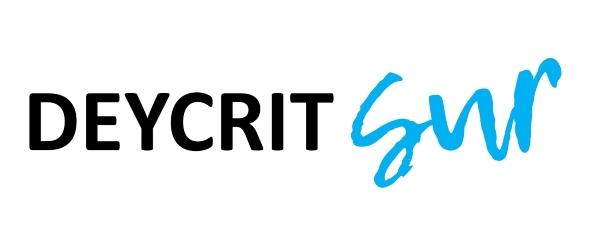




.jpg)
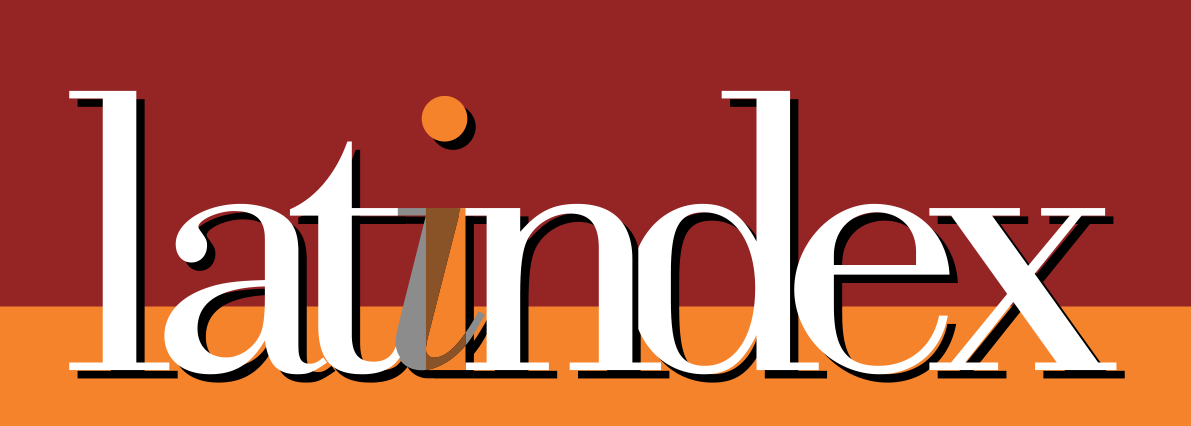
.png)
.png)


